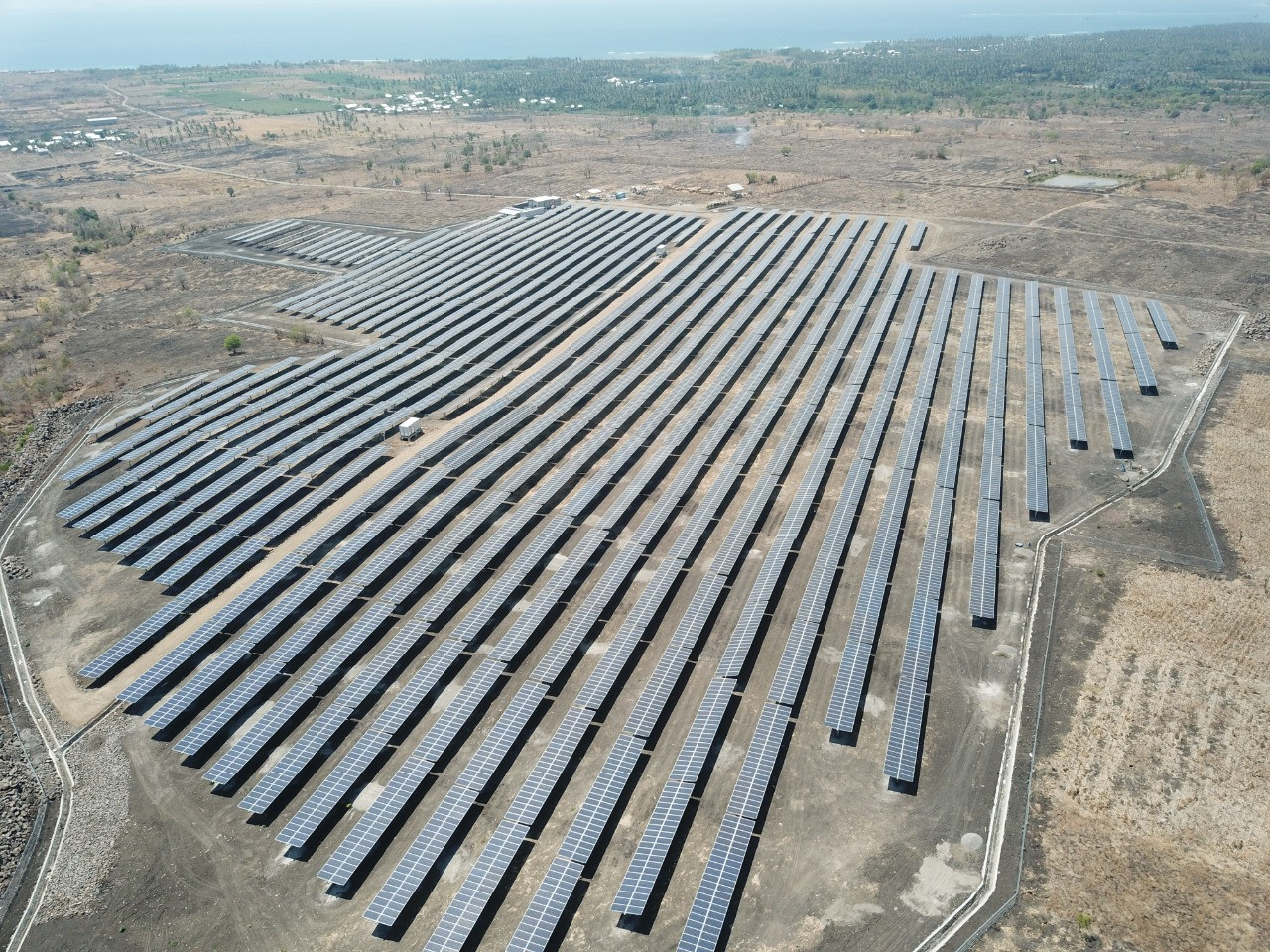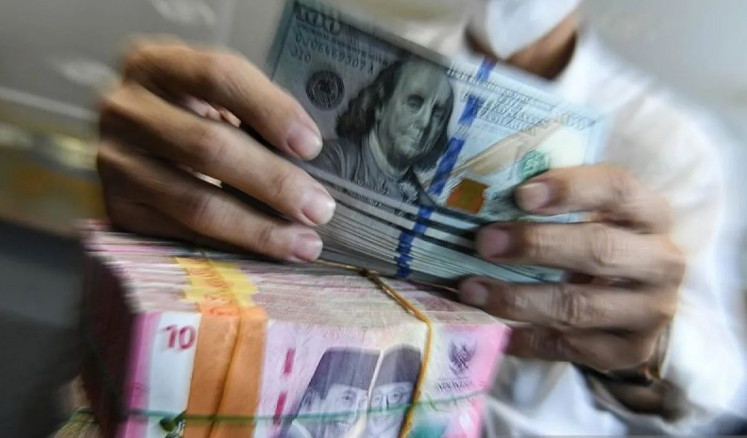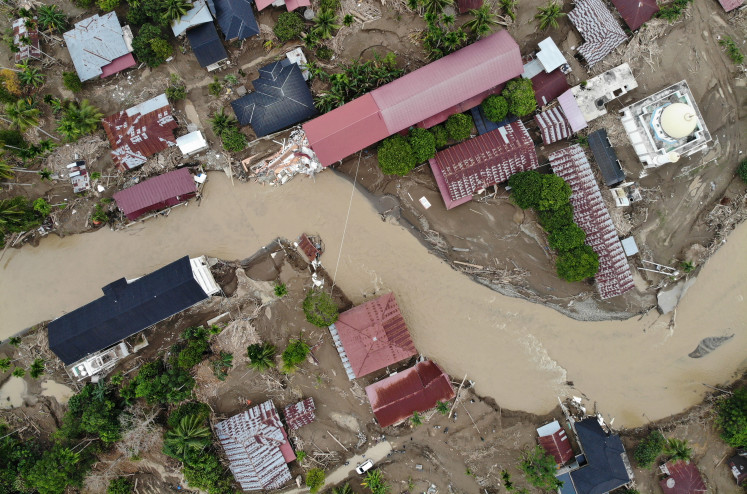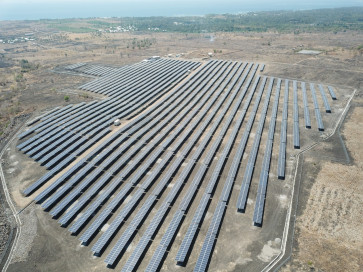Popular Reads
Top Results
Can't find what you're looking for?
View all search resultsPopular Reads
Top Results
Can't find what you're looking for?
View all search resultsASEAN’s energy future landscape post-pandemic
Renewables, energy efficiency, and renewable hydrogen should be accelerated along with the adoption of clean technologies in the medium to long-term. Although they comprise the most abundant energy resources in ASEAN, the ‘intermittent renewables’ solar and wind have so far contributed negligent amounts (2.4 percent in 2020) to the power mix.
Change text size
Gift Premium Articles
to Anyone
F
or the past two decades, ASEAN has achieved remarkable progress in the energy sector in terms of the acceleration of rural electrification access, rapid provision of large-scale national grid systems, successful mobilization of indigenous resources, gradual adoption of new technologies and share of renewables into ASEAN’s energy mix. Further, ASEAN is also beginning to see cross-country electricity entry trade bilaterally and power exchanges that will promote the future market of multilateral trade.
However, the future energy landscape of ASEAN will rely on today’s actions, policies, and investment to change the current dominant fossil fuel-based energy system towards a cleaner energy system.
As the world is focused on containing the spread of COVID-19, policy measures will have mixed outcomes as to when it is appropriate to reopen the economy, either partially or fully, to reduce the economic impact as well as bring back jobs and strong markets.
What we do know is that the COVID-19 pandemic has already brought the world economy into recession in which global growth is predicted to contract by -4.9 percent and ASEAN-5 (Singapore, Malaysia, Indonesia, Philippine, and Thailand) by -1.3 percent in 2020.
The global energy demand is expected to fall by 6 percent in 2020 compared to the 2019 level. However, countries experiencing partial or full lockdown could see energy demand drop by as much as 18-25 percent in 2020. Global oil demand is also expected to decline by 8 million barrels per day in 2020.
As a result, global CO2 emissions are also expected to fall by 8 percent in 2020 compared with 2019 levels.
The crisis has already put 300 million jobs at risk globally, of which 3.2 million jobs out of 40 million in the energy sector may have already been lost. Many millions of jobs in the informal sector have already been impacted severely and millions of people may already fallen below the poverty line.


















